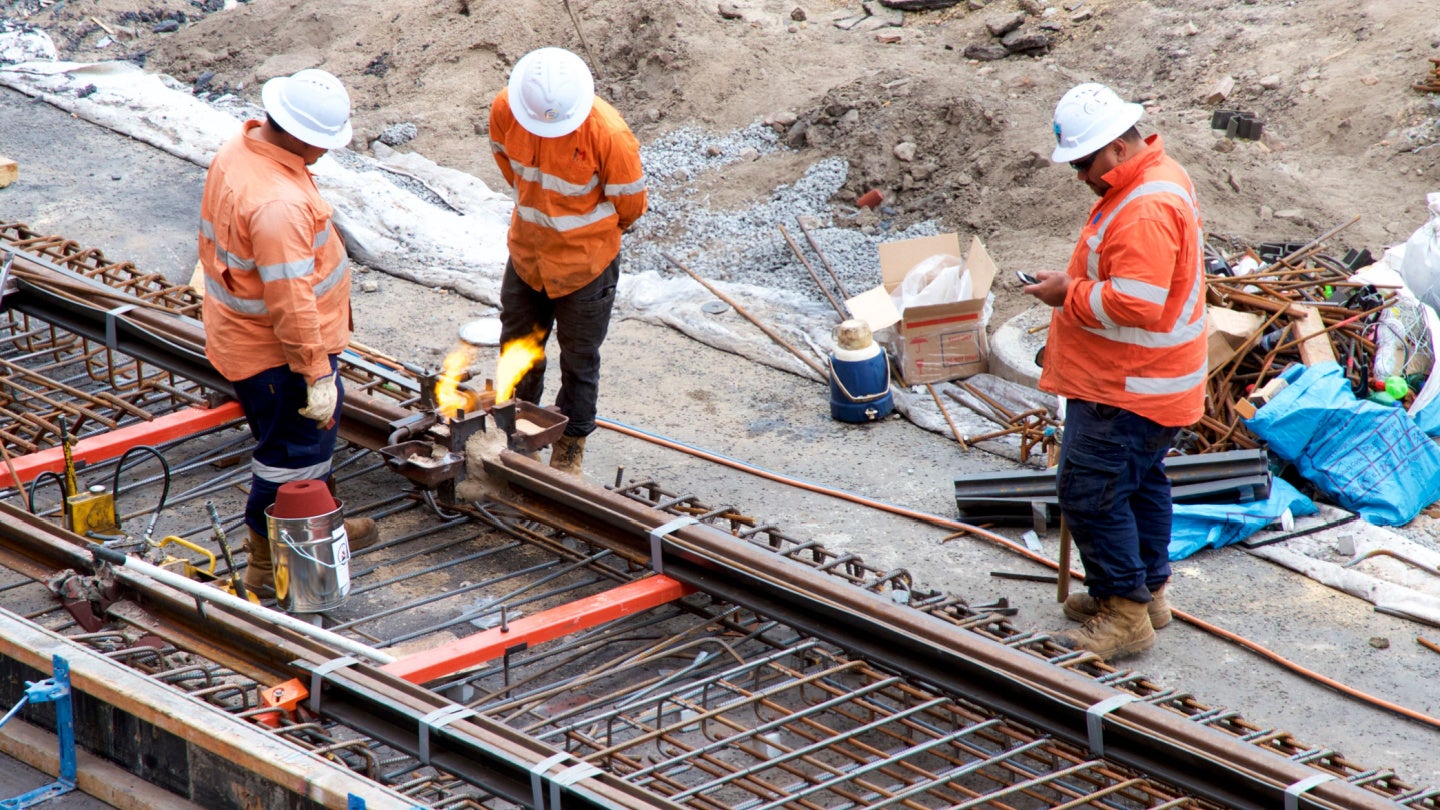
Australia’s railway industry could be facing a significant reduction in its workforce as it approaches a “retirement cliff” according to a report released by the Australasian Railway Association (ARA).
Prepared for the ARA by the UK’s National Skills Academy for Rail (NSAR), ‘The Rail Workforce – An Analytical Overview’ report warned that around 35% of the Australian rail workforce could retire by 2035 as they reach 62 years old.
ARA CEO Caroline Wilkie said: “The industry is facing a retirement cliff, with more than a third of the entire rail workforce aged over 50 years, one in 10 aged over 60 and only four per cent [under] 25 years old.
“With an unprecedented $154 billion investment over the next 15 years and the rollout of critical city-shaping projects across the country, we desperately need both skilled and unskilled workers to enter the rail industry now.”
While the average age of the industry was found to be 45 years old, the report outlined eight different roles that had an above-average age, and thus represented the biggest risk of suffering from a retirement cliff.
These included train drivers, rail testers, operations managers, IT and technology assistants, customer service managers, maintenance technicians, heads of transport planning, and learning and development managers.
In addition to the incoming retirement cliff, the report also found that the country’s rail workforce will have a 70,000 shortfall in 2024 across the industry, while also noting that ongoing issues such as decarbonisation will require more workers skilled in specific areas, including battery electric solutions.
While the ARA clarified that it had a range of initiatives in place to try and boost the rail workforce, such as its Work in Rail campaign and female-focused programs, Wilkie also called on others to step up and promote career possibilities in the industry.
She said: “it is crucial that industry and governments work together to promote the very many rich and rewarding careers that rail has to offer and implement strategies that improve diversity, which is vital to a thriving, sustainable industry.
Upcoming and recent investments into rail in Australia include work to support the Westport project which will move container trade in Western Australia from Fremantle to Kwinana, with manufacturing company Arc Infrastructure recently revealing an autonomous container wagon designed with the project in mind.



